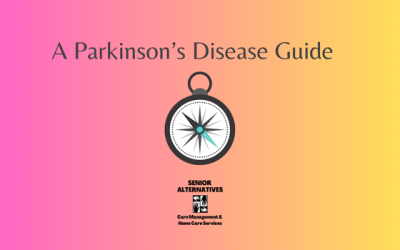October 25, 2019

A major component of our service model is education for adult children to reduce their own stress around caring for their parent. If you are performing some of the caregiving yourself, and experiencing “caregiver burnout”, we can provide suggestions on how to make your life manageable again. If you are living a long distance from your parent, we can provide the peace of mind that they are being properly cared for. In addition, we continually update you on the developmental stage of your parent as we monitor their status on a regular basis and make sure to modify the care plan accordingly.
One of the most common issues raised by adult children who contact us is parental resistance to accepting care. In many cases, parents are resistant to accepting the level of care they need to remain safely in their home. We are able to consult with you to enable you to achieve the balance between your parent’s wishes being met and keeping them at a safe level of care at home.
We are able to consult with you to enable you to achieve the balance between your parent’s wishes being met and keeping them at a safe level of care at home.
Related Articles
Good Sleep Strategies for Better Brain Health
Good Sleep Strategies for Better Brain Health As we age, sleep patterns tend to change for different reasons. What we also need to keep in mind is that inadequate sleep can negatively impact brain health, some researches have only recently begun to understand. ...
Why People in Blue Zones Thrive and Live Longer
Blue Zones are regions where people live longer, healthier lives compared to the global average. These areas have been studied extensively to find common denominators and answers about what makes these places unique. One of the key components of these lifestyles is community engagement, or having a strong sense of belonging and support from others. Read on to know more about Blue Zones and how we can duplicate their lifestyle and best practices.
Understanding Parkinson’s Disease
April is Parkinson’s disease awareness month, with that in mind we put together a blog
A guide to effectively enhance, remodel or retrofit homes and environments for older adults.
This week, we created a guide on how to accommodate a home or environment for older adults, especially people with memory loss which can be vital for their comfort and well-being. Whether the memory loss stems from conditions like Alzheimer’s or short-term impairments, retrofitting a home can significantly enhance safety, accessibility, and overall quality of life.






